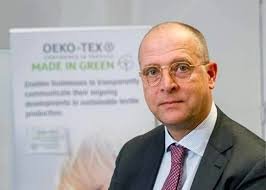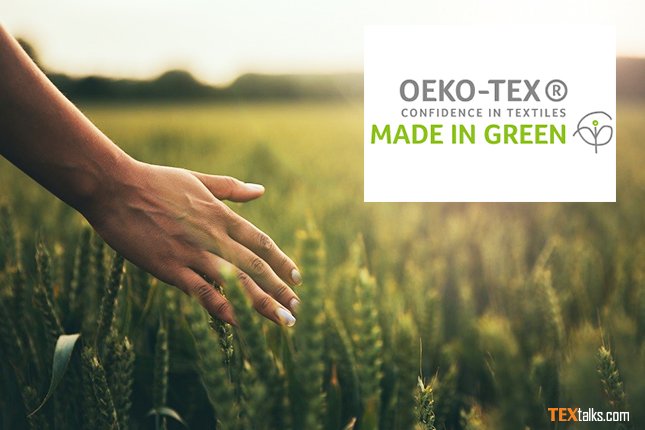As the new year begins, Oeko-Tex has updated its guidelines, test criteria, and limit values for their certifications and services in line with consistent consumer protection and the sustainability of textiles and leather products.

Secretary-General Oeko-Tex®, Mr. Georg Dieners, said, “OEKO-TEX® aims to provide customers and partners with the best possible services and certifications. For this reason, the test criteria for OEKO-TEX® standards are updated at least once a year based on new scientific information or statutory requirements. A unique project in 2021 will integrate the carbon and water footprint into our MADE IN GREEN label.”
At the start of the year, the OEKO-TEX® Association, as usual, updates the applicable test criteria, limit values, and requirements for its range of certifications and labels. All new regulations will finally come into force after a transition period on 1 April 2021. An overview of the most significant changes and innovations in the revised rules are:
Recycled materials in STANDARD 100 by OEKO-TEX® has developed an approach to integrate recycled materials for greater sustainability as part of this standard test. This uniform approach requires a minimum amount of recycled material in an article, different test programs depending on the origin of the material, and the definition of the necessary background information. Therefore, they are treated differently within the STANDARD 100 by OEKO-TEX® and receive a special mention in the certificate’s scope.
LEATHER STANDARD by OEKO-TEX® Chrome and metal-free tanned leather partner institutes will in future also certify chrome- and metal-free tanned leather.
MADE IN GREEN and STeP by OEKO-TEX® certifications are proving to be increasingly in demand – the sustainable label for textiles and leather articles MADE IN GREEN by OEKO-TEX® is once again the strongest-growing OEKO-TEX® product. Compared to the previous year, the number of valid labels rose by 267 percent from 1093 to 4010 (31/12/2020). OEKO-TEX®’s objective for 2021 is the systemic integration of the carbon and water footprint into the MADE IN GREEN label. The intention behind product labels is to guide consumers towards products with transparent information on their supply chain and produced by technologies with low environmental impacts.
Virtual Audits OEKO-TEX® has introduced virtual assessments of production sites due to travel and contact restrictions imposed by COVID-19. This applies to reviews for STANDARD 100 and LEATHER STANDARD by OEKO-TEX®, as well as virtual on-site visits for STeP and ECO PASSPORT certifications.
New and updated limit values Per and polyfluorinated alkyl compounds (PFAS) are industrial chemicals used in coatings for textiles such as outdoor clothing. Based on a recent EU risk assessment, OEKO-TEX® has also changed its limit values for PFOA (perfluorooctanoic acid) and salts as well as PFOA-related substances. In ECO PASSPORT by OEKO-TEX®, titanium dioxide (TiO2) has been added to the CAS number screening for respirable-size particles. In this context, STeP by OEKO-TEX® MRSL has also been expanded to include titanium dioxide (TiO2) for respirable sized particles.
New substances under observation OEKO-TEX® is also observing various substances in 2021 based on the latest scientific findings and conformity with relevant specifications. These include diisocyanates, which can trigger allergic reactions through skin contact and inhalation. The chemical compounds dibutyltin bis(acetylacetonate), 2-methylimidazole, and 1-vinyl imidazole will also be closely examined in the future.



